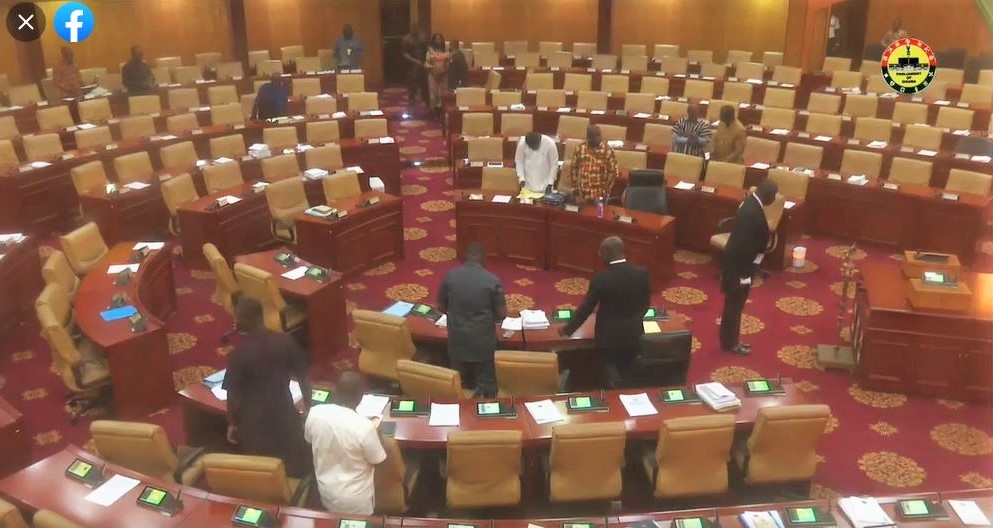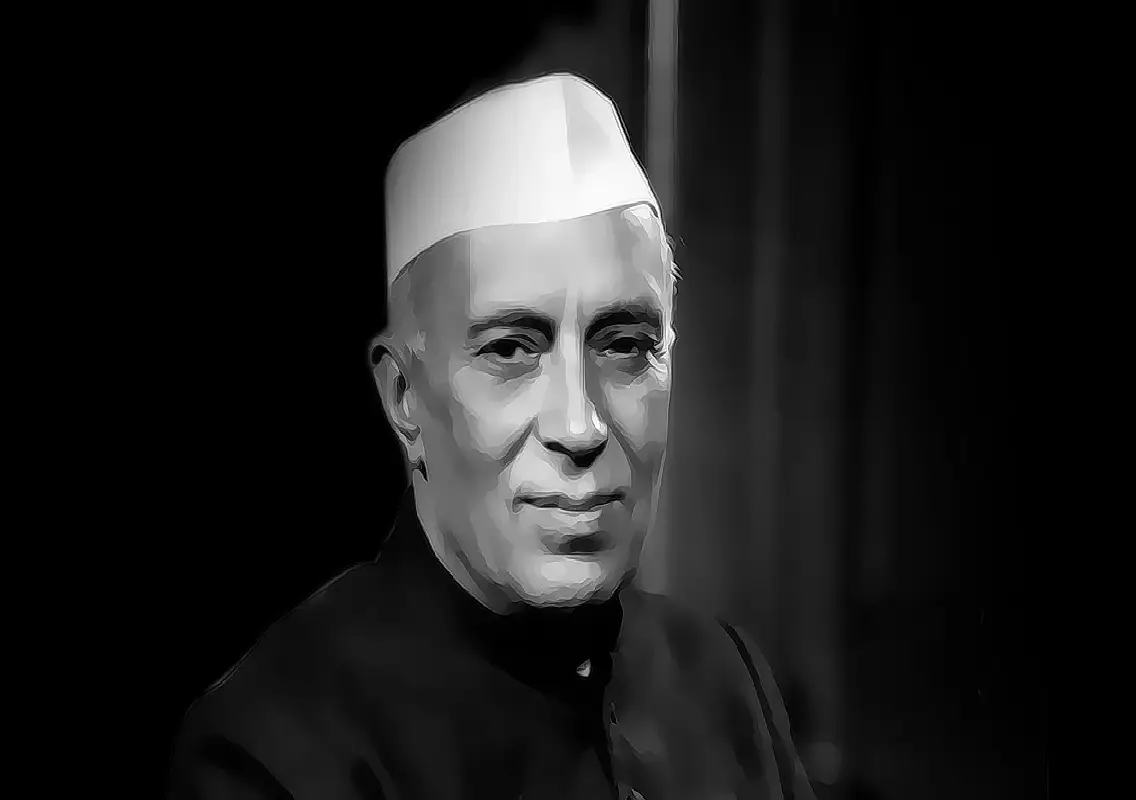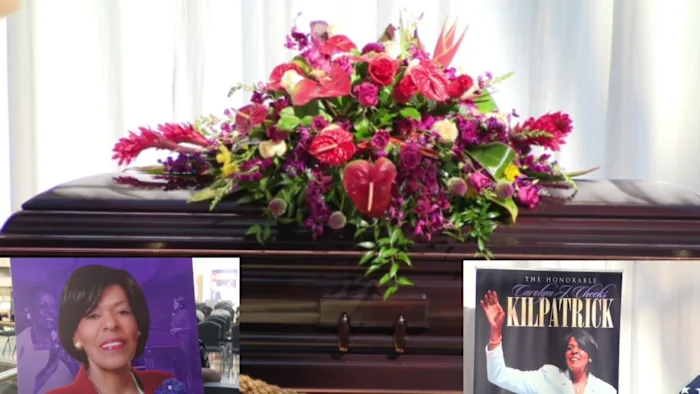Copyright ghanamma

A GNA feature by Godwill Arthur-Mensah Accra, Nov. 06, GNA – In the hallowed halls of Ghana’s Parliament, where laws are shaped and national destiny debated, a curious phenomenon has been spotted—Members of Parliament (MPs) nodding off mid-session. Not in agreement, mind you, but in slumber. While some may chuckle at the sight of a legislator catching forty winks during a heated debate, the issue has sparked serious conversations about workload, wellness, and representation. The Speaker of Parliament, Alban Bagbin, recently made headlines with a proposal that might sound like a dream come true—official annual leave for MPs. According to Mr Bagbin, MPs are overworked even during recess, juggling committee meetings, constituency visits, and oversight duties. “MPs don’t go on holidays or vacation,” he lamented. “They recede to continue to do the work of MP.” This revelation adds context to the occasional parliamentary power nap. If your job never truly pauses, even the most passionate debater might find their eyelids staging a protest. Dr Kwame Agyeman, a general physician at Korle Bu Teaching Hospital, explains that chronic sleep deprivation can impair cognitive function, weaken immunity, and increase the risk of cardiovascular issues. “MPs are public servants, but they’re also human. Overloading them with work without structured rest is a recipe for burnout,” he warns. Psychologist Dr Esi Nyarko adds a mental health lens: “Sleep isn’t a luxury—it’s a biological necessity. Working without rest leads to irritability, poor decision-making, and emotional exhaustion. For MPs, this could mean less effective lawmaking and strained relationships with constituents.” She notes that public ridicule of sleeping MPs might mask deeper issues of stress and fatigue. “We laugh, but we should also ask: what systems are failing these leaders?” Constituents React: “We Didn’t Elect Sleepwalkers!” In the bustling market of Madina, a trader Akosua Mensah, didn’t mince words: “If my MP is sleeping while others are talking about roads and schools, then he’s not serious. Next election, we’ll sleep on his campaign.” Others were more sympathetic. “They work hard, but they should manage their time better. Sleeping in Parliament is embarrassing,” said Kofi Boateng, a teacher in Gbawe. Public perception matters. An MP caught snoozing may be seen as disengaged, risking their re-election chances. In politics, image is everything—and drooping eyelids do not inspire confidence. So, how do we keep our lawmakers awake and alert? The need to institutionalize annual leave: Speaker Bagbin’s proposal deserves serious consideration. Legislators need structured downtime to recharge. It is time to introduce wellness programmes: Parliament could offer stress management workshops, health screenings, and even mindfulness sessions. It is time as a nation, we restructure plenary schedules: Avoid marathon sittings and ensure shorter, focused sessions, which may improve engagement. We can create nap pods: Yes, really. If Silicon Valley swears by them, why not Parliament? A 20-minute power nap could be the difference between a brilliant speech and a snore. Final Thoughts: A Laugh, Then a Look in the Mirror While the image of an MP dozing off might tickle our funny bones, it also nudges us to rethink how we treat those who serve us. Rest isn’t weakness—it’s wisdom. And perhaps, just perhaps, a well-rested Parliament might be the key to a more vibrant democracy. So next time you see an MP nodding off, don’t just laugh—ask what kept them up. And maybe, let’s all vote for better sleep. Edited by Lydia Kukua Asamoah



